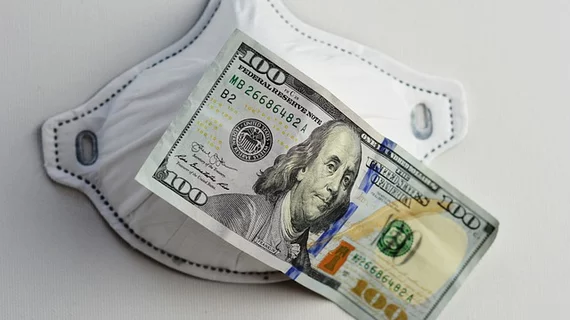Cardiologists report an average 2021 salary of $538K, up 2% from 2020, as pandemic continues
Cardiologists reported an annual average salary of $537,777 in 2021, good for No. 8 among all specialties, according to a new analysis from Doximity.
Doximity’s 2021 Physician Compensation Report is based on survey data from more than 46,000 full-time physicians in the United States. According to the report, compensation for U.S. physicians grew an average of 3.8% from 2020 to 2021. That more than doubles the average increase of 1.5% seen from 2019 to 2020.
Looking specifically at cardiology, the specialty saw its average salary jump 2% from 2020 to 2021. In 2020, the average salary among cardiologists was $527,231, No. 9 among all specialties.
The report also took a close look at the pay gap between male and female physicians. In 2021, Doximity found, the gender pay gap was 28.2%, which translates to more than $122,000 in compensation over the course of one year. Over the course of a career, the report’s authors estimated, male physicians make more than $2 million more than female physicians.
“When examining the gender pay gap by specialty, the data showed there are no medical specialties in which women earned the same or more than men in 2021,” according to the report.
Pediatric Cardiology had one of the smallest pay gaps of any specialty, with men earning an average annual salary of $327,237 and women earning $286, 211.
In addition, the report included new data highlighting the impact of the ongoing COVID-19 pandemic on physician retirement and other key trends. The pandemic appears to have resulted in approximately 2% more physicians seeking retirement than expected, for instance, and nearly three in four respondents said they feel “overworked.”
“Approximately half of physicians reported they are considering an employment change due to COVID-related overwork,” according to the report. “This data is concerning and suggests that physicians may feel they are at a breaking point.”
The full report is available here.

